Research
TOC
Our research uses the data which can be acquired from the real world. The data we focus on are (but not limited to):
- Human activity data (inertia data, chat log, etc.)
- People flow data (GPS log, Wi-Fi log, passing log, etc.)
- Operation data of public transportation
We have 4 research groups.
Urban Data [UD]
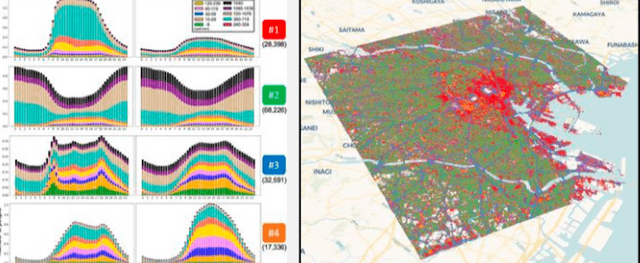
Our laboratory has an environment that allows the use of large-scale location data collected from smartphones. By leveraging this data and applying a wide range of techniques such as natural language processing and image processing, we conduct research on topics such as understanding urban structures, estimating people’s attributes, and estimating human mobility. These studies are fundamental and have the potential to support fields such as urban planning and marketing.
Human Computer Interaction [HCI]
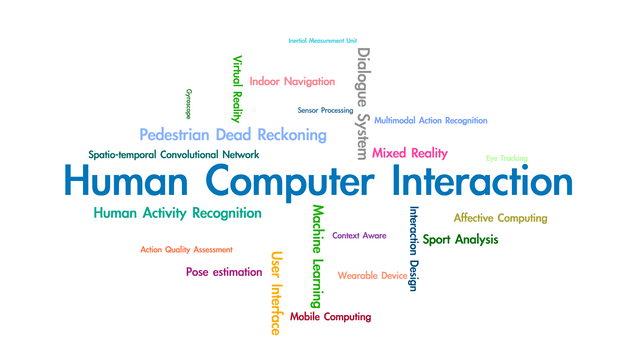
The HCI group conducts multiple projects related to human–computer interaction, aiming to make people’s lives more convenient and enriched. Current research includes VR meta-work through remote robot operation and studies on Internet of Realities in remote communication.
CAV
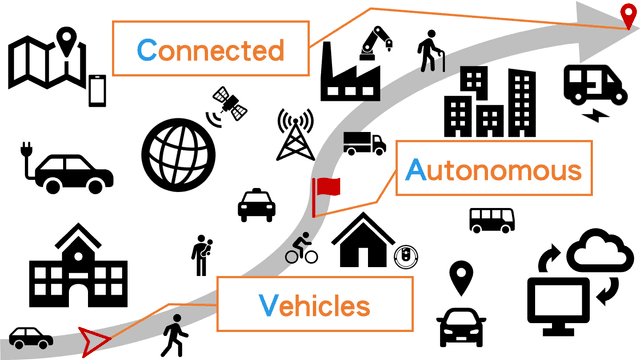
CAV (Connected Automated Vehicles) Group is focusing on technologies that are related to human-robot collabotation, multi-robot navigation, and environmental sensing using automated vehicles.
Warehouse Research
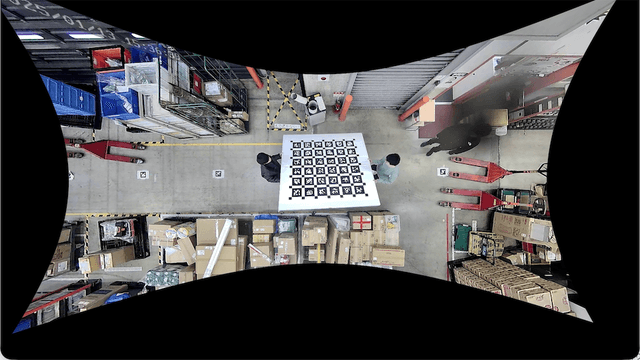
Warehouse Research focuses on logistics warehouses and works on operational support and on-site improvement through sensing, recognition, optimization, and data utilization. By using diverse information sources such as cameras, smartphones, and wireless sensors to understand and visualize the states of workers, goods, and work processes, we aim to improve productivity and operational efficiency in logistics environments.
Other Research Fields
In Other Research Fields, we conduct diverse studies on real-world data without limiting ourselves to specific domains such as warehouses or cities. Focusing on foundational technologies such as sensing, 3D modeling, and data compression, we develop methods and systems considering real-world deployment. These studies are intended for application across a wide range of fields, including architecture, robotics, simulation, and data infrastructure.
Others / Related Projects
Synergic Mobility
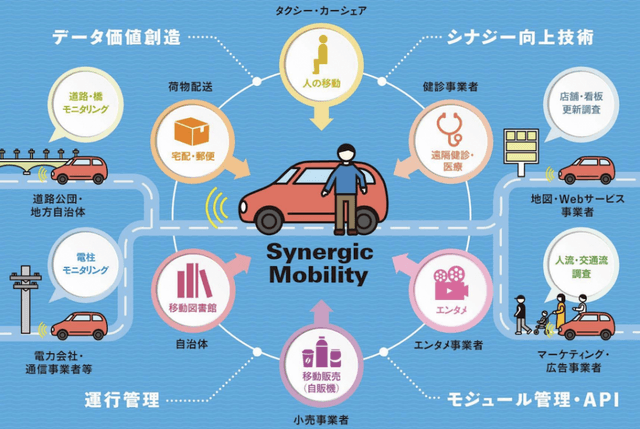
This project is related to 4 teams above. This project aims a new way of logistics and people flow in the world where autonomous vehicles run everywehere. Topics are environment recognition using autonomous vehicle, large scale (city level) people flow simulation, etc.
HASC
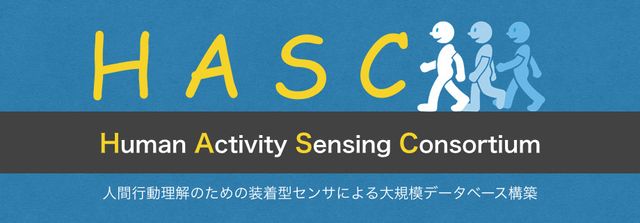
HASC (Human Activity Sensing Consortium) is working to collect and to distribute large-scale human activity corpus.
Research Groups of AY2020
Urban Computing
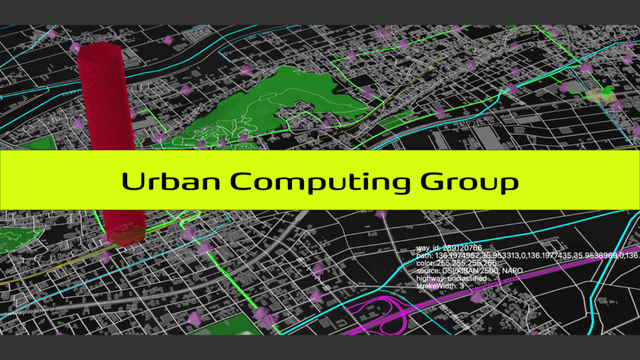
Urban Computing Group conducts researches on wider area, for more efficient and comfortable life. Analysis targets are traffic-related data (bus operation records), people-flow-related data (GPS, Wi-Fi sensing, camera) and so on. This group also develops a distributed simulation platform with a multi-city-level area, massive amount of mixed domain agents, and dynamic extensibility.
Affective Computing
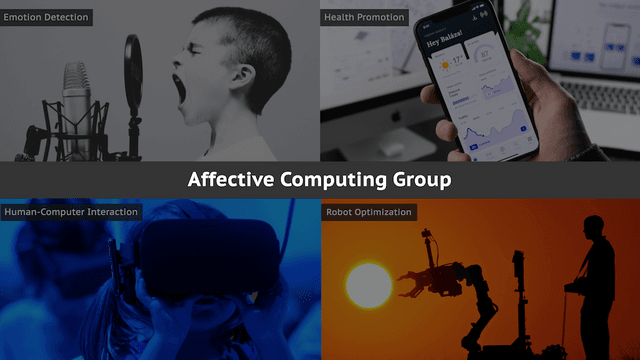
Affective Computing Group is focusing on realizing a society in which computers, robots, and humans coexist and cooperate by analyzing human emotions and sensibilities.Currently, we are conducting research that can be applied to a variety of fields, such as dialogue systems with emotional response, and optimization of pickers and delivery robots.
Human Centric Computing
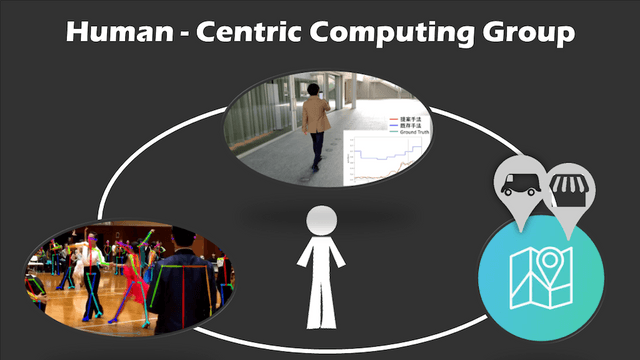
Human-Centric Computing Group is focusing on technologies and resources that fit human capabilities. We are currently exploring indoor positioning with inertial sensors, dance performance recognition with multi-modal sensors, and user's behavior analysis with location information.
Research Groups of AY2019
Context Estimation
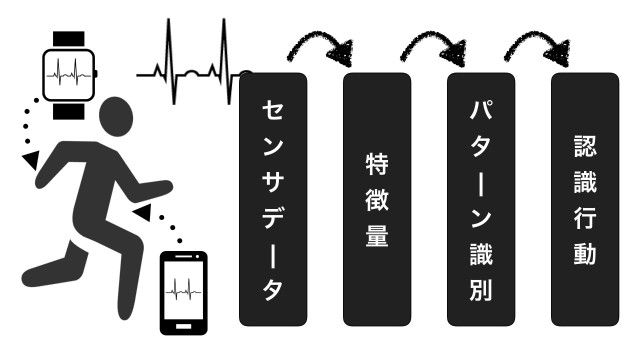
Context estimation team researches on the recognition of human activity and the estimation of the surrounding environment from various data. We use the data which can be collected by inertial sensors of smartphones, signal strength of Bluetooth devices, magnetic strength etc.
For example, human activity recognition aims accurate recognition of our daily activity such as walking, sitting down, climbing the stairs. Another example is location estimation indoors. We cannot use GPS in the building and underground areas. To make our devices provide the suitable information based on the situation which the users are facing.
3D Information Processing
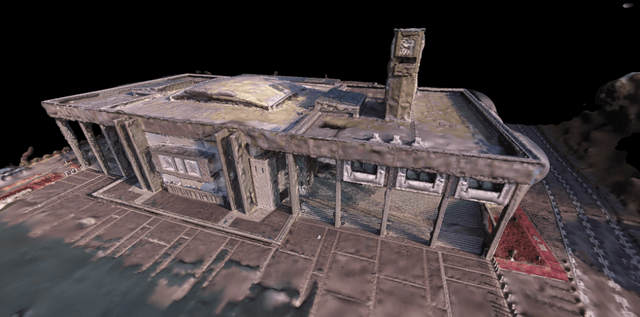
3D information processing team researches on "artificial intelligence which can understand the environment." We use RGB image, thermal image, and other sensor data to realize automatic re-creation of space map and recognition of scene context and so on. We are doing 3D modeling, change detection, scene recognition etc. using core methods such as image processing, deep learning.
Super-Smart Society
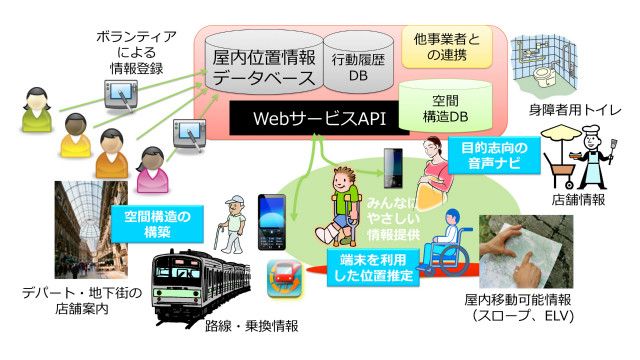
Super-Smart society team researches on data analysis on transportation data, human flow, etc. to realize highly efficient society. Research topics are: delay estimation using bus operation data, socoiety-wide infrastructure system with demand-supply concept.